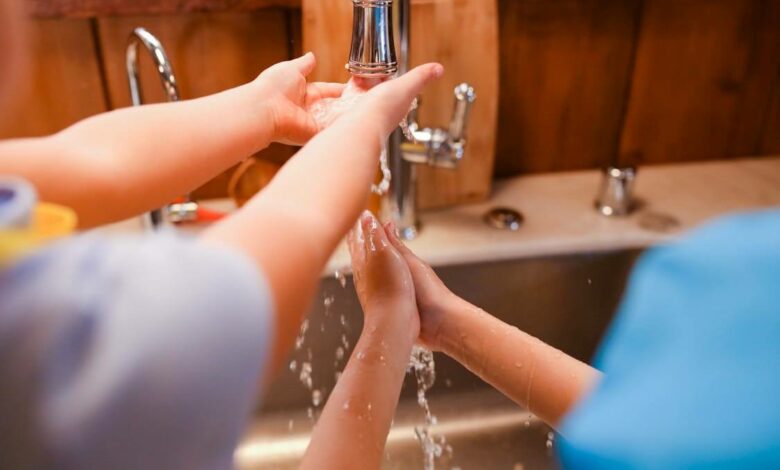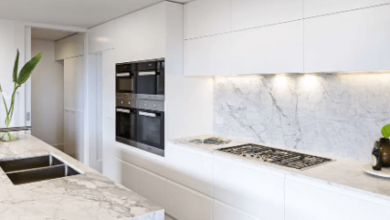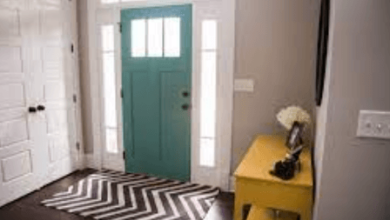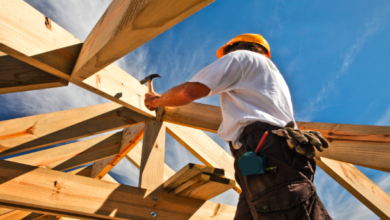6 Major Plumbing Disasters and How to Avoid Them

Plumbing disasters can cause extensive damage, lead to costly repairs, and disrupt your daily life. Major plumbing issues such as hidden leaks, burst pipes, and sewer line backups can result in significant property damage and health hazards if not addressed promptly. Understanding how to prevent these disasters can save you from the stress and expense of emergency plumbing repairs.
Below, we will discuss six major plumbing disasters and provide practical tips on how to avoid them. By being proactive and addressing potential problems early, you can protect your home and maintain the efficiency of your plumbing system.
Hidden Water Leaks
Hidden water leaks can cause substantial damage to your home before you even realize there’s a problem. These leaks often occur behind walls, under floors, or in other concealed areas, making them difficult to detect without professional help. Over time, hidden leaks can lead to structural damage, mold growth, and increased water bills. Mold and mildew thrive in damp environments, posing health risks to you and your family.
Hence, to avoid the extensive damage caused by hidden water leaks, it is essential to hire experts to detect them. Professionals have the tools and expertise to identify leaks that are not visible to the naked eye. Regular inspections by a professional plumber can help catch leaks early, preventing major damage and costly repairs. Through professional water leak detection, you can ensure that your plumbing system remains in good condition and avoid the headaches associated with hidden leaks.
Burst Pipes
Burst pipes are a common plumbing disaster, especially in colder climates where pipes are prone to freezing. When water inside the pipes freezes, it expands and can cause the pipe to crack or burst. Once the ice thaws, water flows through the broken pipe, leading to significant flooding and water damage. Burst pipes can damage walls, floors, and personal belongings, and the cleanup process can be extensive and expensive.
Preventing burst pipes involves taking steps to protect your plumbing system during cold weather. Insulating pipes, especially those in unheated areas like basements and attics, can help prevent freezing. Additionally, maintaining a consistent indoor temperature and allowing faucets to drip slightly during extreme cold can reduce the risk of pipes freezing and bursting.
Sewer Line Backups
Sewer line backups are another major plumbing disaster that can cause severe damage to your home and pose health risks. Common causes of sewer line backups include tree root intrusion, blockages from non-flushable items, and damaged or deteriorated pipes. When the sewer line is blocked, wastewater can back up into your home, leading to unsanitary conditions, unpleasant odors, and potential exposure to harmful bacteria.
So, to prevent sewer line backups, it is important to take preventive measures such as regular sewer line inspections and proper waste disposal. Avoid flushing items that can cause blockages, such as wipes, sanitary products, and paper towels. Additionally, consider having your sewer line professionally inspected and cleaned periodically to remove any potential obstructions. By taking these steps, you can reduce the risk of sewer line backups and ensure that your plumbing system operates smoothly.
Water Heater Failure
Water heater failure can lead to a sudden lack of hot water, which is a major inconvenience for any household. Additionally, a malfunctioning water heater can cause flooding and water damage if the tank ruptures or leaks. Common causes of water heater failure include sediment buildup, corrosion, and a lack of regular maintenance. Over time, sediment can accumulate at the bottom of the tank, reducing efficiency and causing the heater to overheat and fail.
Therefore, to avoid water heater failure, it’s essential to perform regular maintenance like flushing the tank periodically to remove sediment, checking the anode rod for signs of corrosion, and having the heater inspected by a professional annually. Professionals can identify and address potential issues before they lead to failure, ensuring your water heater operates efficiently and lasts longer. By staying on top of maintenance, you can prevent unexpected breakdowns and avoid the inconvenience and expense of a water heater replacement.
Clogged Drains
Clogged drains are a common plumbing issue that can lead to more severe problems if not addressed promptly. Common causes of clogged drains include hair, grease, food particles, and foreign objects. When drains become clogged, it can cause slow drainage, unpleasant odors, and even water backups. Severe clogs can lead to pipe damage and require extensive repairs.
Read also Can I Sue the City of New York for Personal Injury?
Preventing clogged drains involves adopting good habits and performing regular maintenance. Use drain screens to catch hair and debris, and avoid pouring grease or food scraps down the sink. Regularly clean your drains with a mixture of baking soda and vinegar to help break down minor buildups. For persistent clogs, it’s advisable to contact a professional plumber. They have the right tools and expertise to clear the blockage effectively and safely without causing any harm to your pipes. By following these preventive measures, you can maintain clear drains and prevent the inconveniences and expenses associated with severe blockages.
Low Water Pressure
It can be a sign of underlying plumbing issues such as leaks, pipe corrosion, or blockages. It can be frustrating and inefficient, making tasks like showering, washing dishes, and watering plants difficult. Low water pressure can also indicate a problem with the main water supply line, which can lead to more significant issues if not addressed.
To maintain proper water pressure, regularly inspect your plumbing system for signs of leaks or corrosion. Use a pressure gauge to monitor water pressure and ensure it stays within the recommended range. If you notice a sudden drop in water pressure, it’s essential to identify the cause promptly. It might involve cleaning aerators on faucets, checking for leaks, or calling a professional plumber to assess and fix the issue. By addressing low water pressure early, you can prevent further damage and ensure your plumbing system operates efficiently.
Conclusion
Hidden water leaks, burst pipes, sewer line backups, water heater failure, clogged drains, and low water pressure are all significant issues that can lead to costly repairs and disruptions. By being proactive and addressing these potential problems through regular maintenance and professional assistance, you can protect your home and ensure the longevity of your plumbing system. Adopting good habits and staying vigilant about your plumbing can save you time, money, and stress. Regular inspections, proper disposal practices, and timely repairs are key to keeping your plumbing in top condition.





